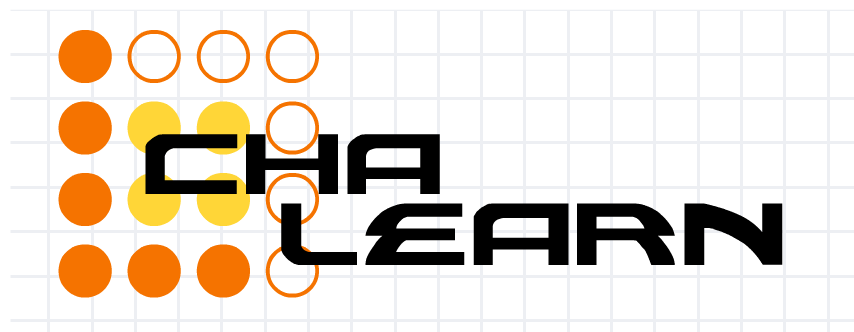 |
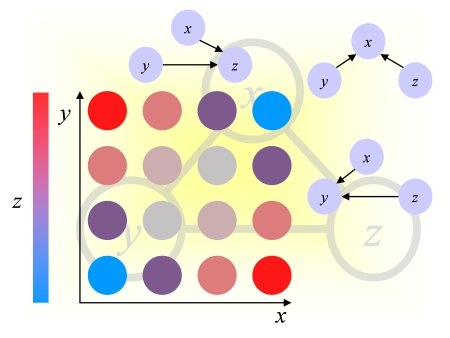 |
Register to our Google group causalitychallenge to keep informed!
The challenge is sponsored by the Pascal 2 Network of Excellence and is part of the official selection of IJCNN 2013 contests (IEEE CIS/INNS). We are grateful to Kaggle for hosting the submission website.
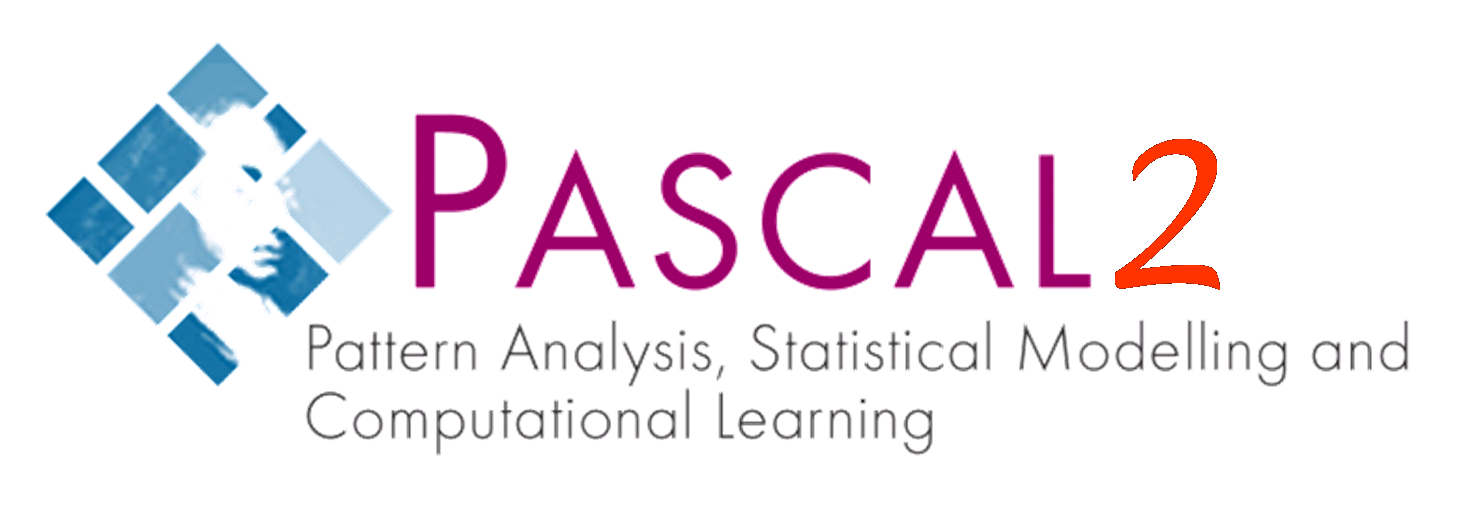

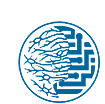

We are very grateful to our sponsors who made this project
possible by donating prizes or resources:

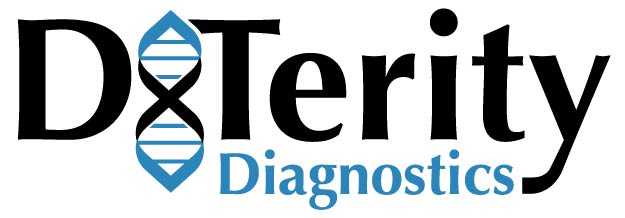




The initial impulse for this project came from the cause-effect pair task proposed in the causality "pot-luck" challenge by Joris Mooij, Dominik Janzing, and Bernhard Schölkopf, from the Max Planck Institute for Intelligent Systems, who contributed an initial dataset and several algorithms. Alexander Statnikov and Mikael Henaff of New York University provided additional data and baseline software. The challenge is organized by ChaLearn.
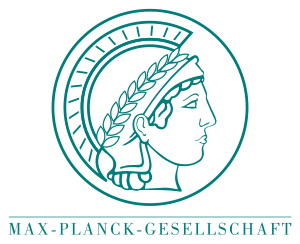


Marc Boullé (Orange, France)
Hugo Jair Escalante (IANOE, Mexico)
Frederick Eberhardt (WUSL, USA)
Seth Flaxman (Carnegie Mellon University, USA)
Mikael Henaff (New York University, USA)
Patrik Hoyer (University of Helsinki, Finland)
Dominik Janzing (Max Plank Institute for Intelligent Systems, Germany)
Richard Kennaway (University of East Anglia, UK)
Vincent Lemaire (Orange, France)
Sisi Ma
Joris Mooij (Faculty of Science, Nijmegen, The Netherlands)
Jonas Peters (ETH Zuerich, Swtzerland)
Florin Popescu (Fraunhofer Institute, Berlin, Germany)
Bernhard Schölkopf (Max Plank Institute for Intelligent Systems, Germany)
Mehreen Saeed (University of Lahore, Pakistan)
Peter Spirtes (Carnegie Mellon University, USA)
Alexander Statnikov (New York University, USA)
Ioannis Tsamardinos (University of Crete, Greece)
Jianxin Yin (University of Pennsylvannia, USA)
Kun Zhang (Max Plank Institute for Intelligent Systems, Germany)
We would also like to thank the Board of Directors of ChaLearn who oversees all procedures of ChaLearn endorsed challenges.
We would also like to thank the authors of software made publicly available that we are redistributing in our sample code:
Povilas Daniuis, Arthur Gretton, Patrik O. Hoyer, Dominik Janzing, Antti Kerminen, Joris Mooij, Jonas Peters, Bernhard Schölkopf, Shohei Shimizu, Oliver Stegle,and Kun Zhang. We are very grateful to the group of Bernhard Schölkopf at the Max Plank Institute of Biological Cybernetics (Germany) who made these resources available on-line as well as cause-effect pair examples, a dataset maintained by Jakob Zscheischler.